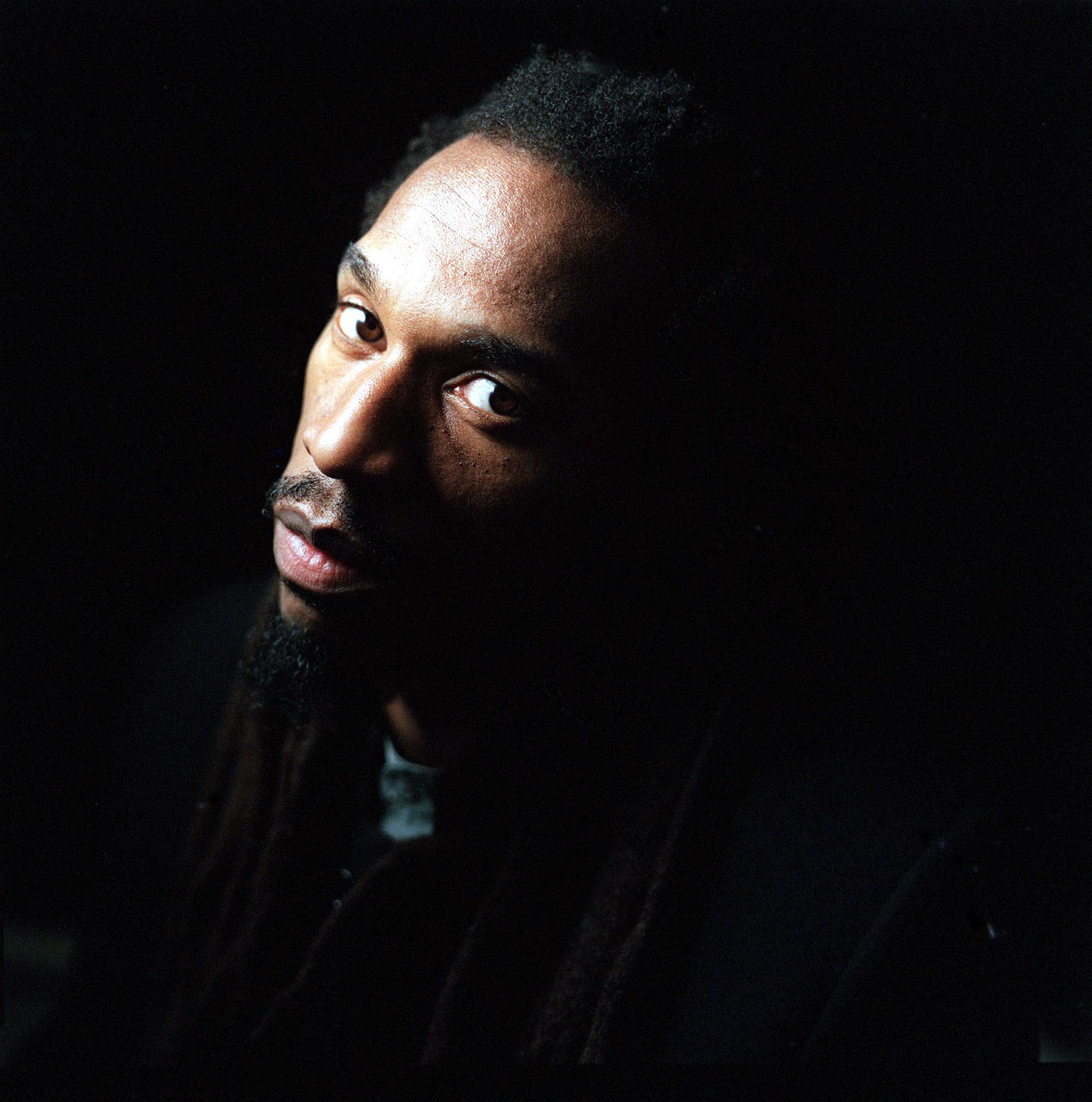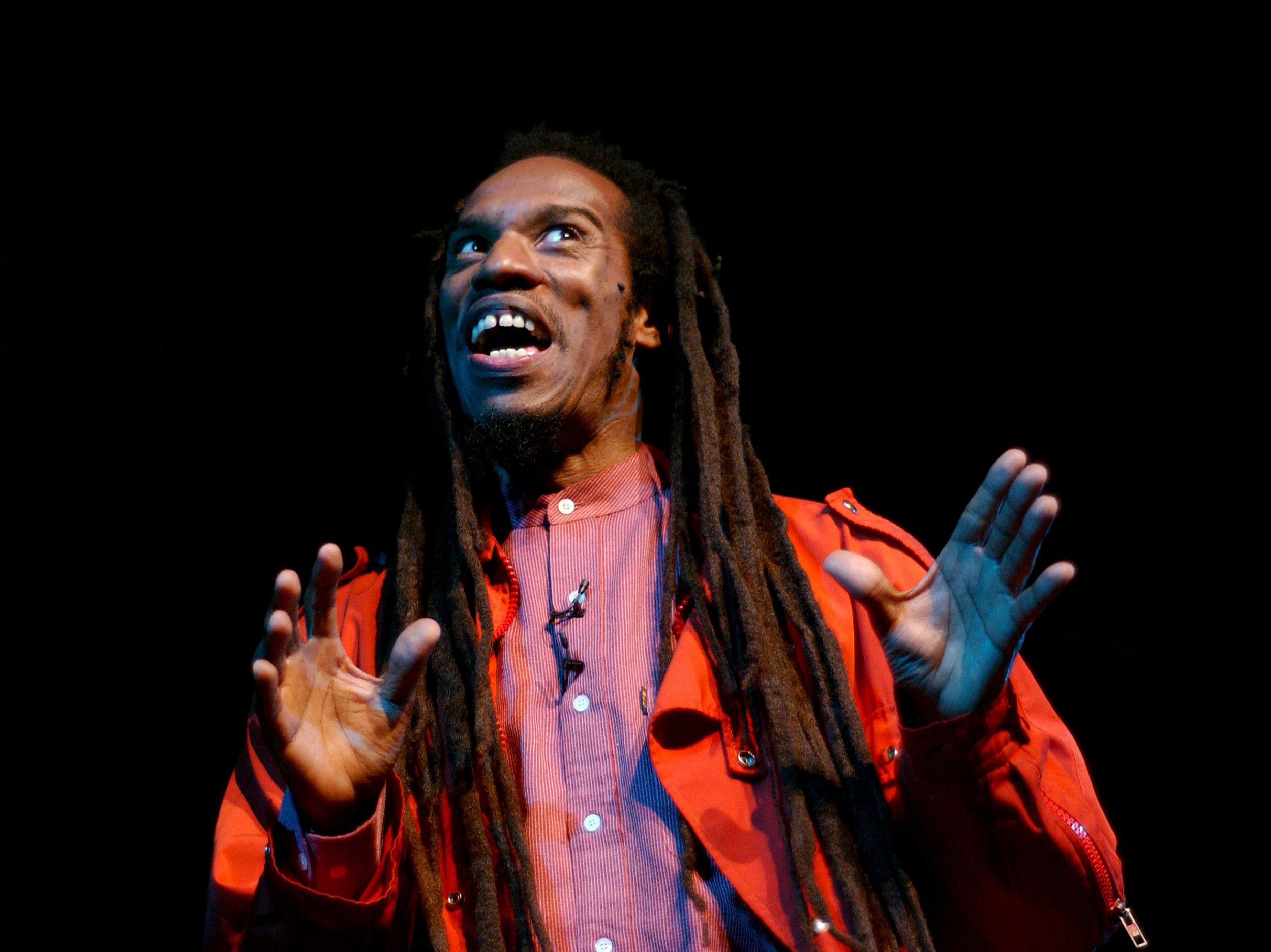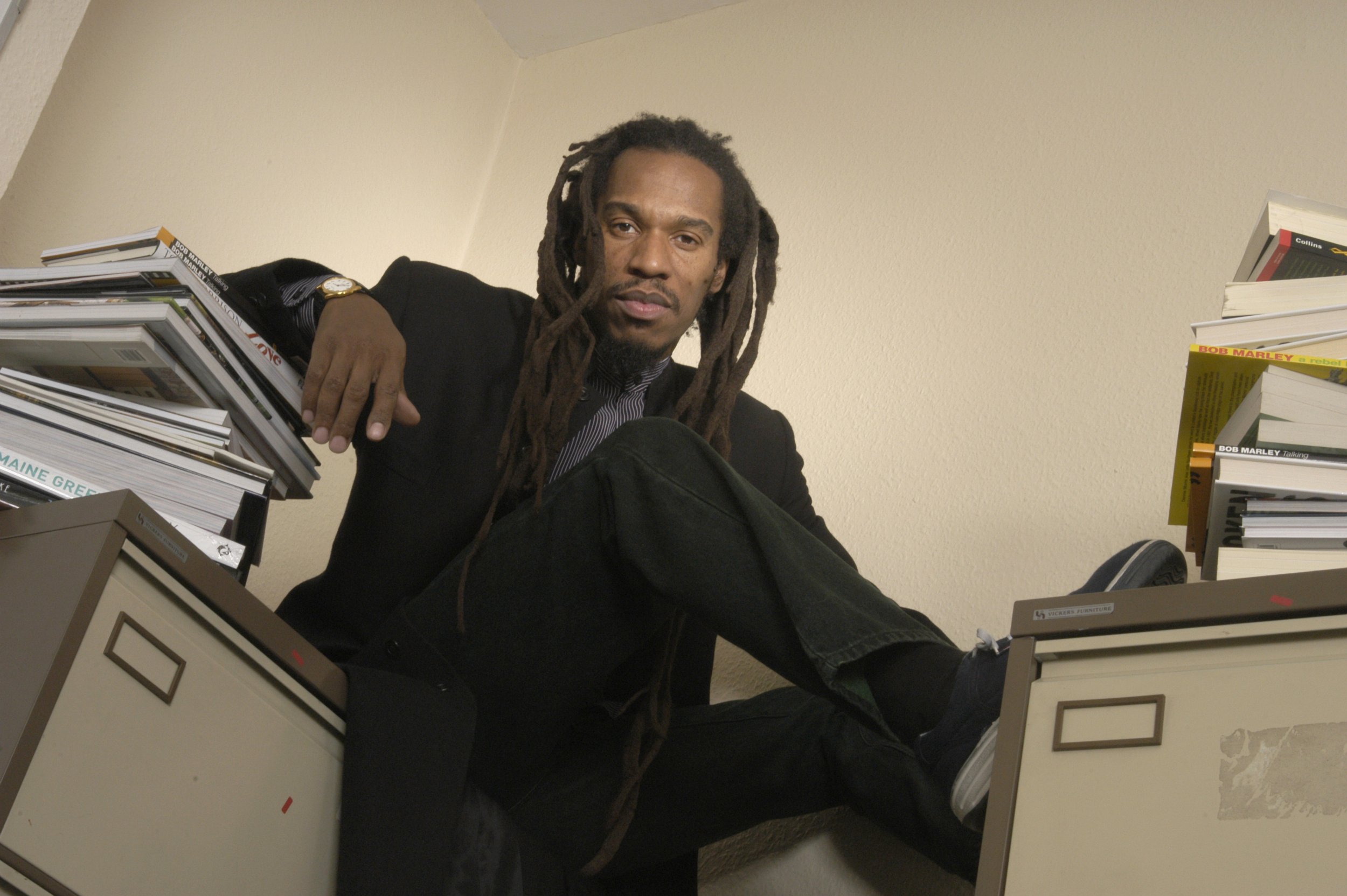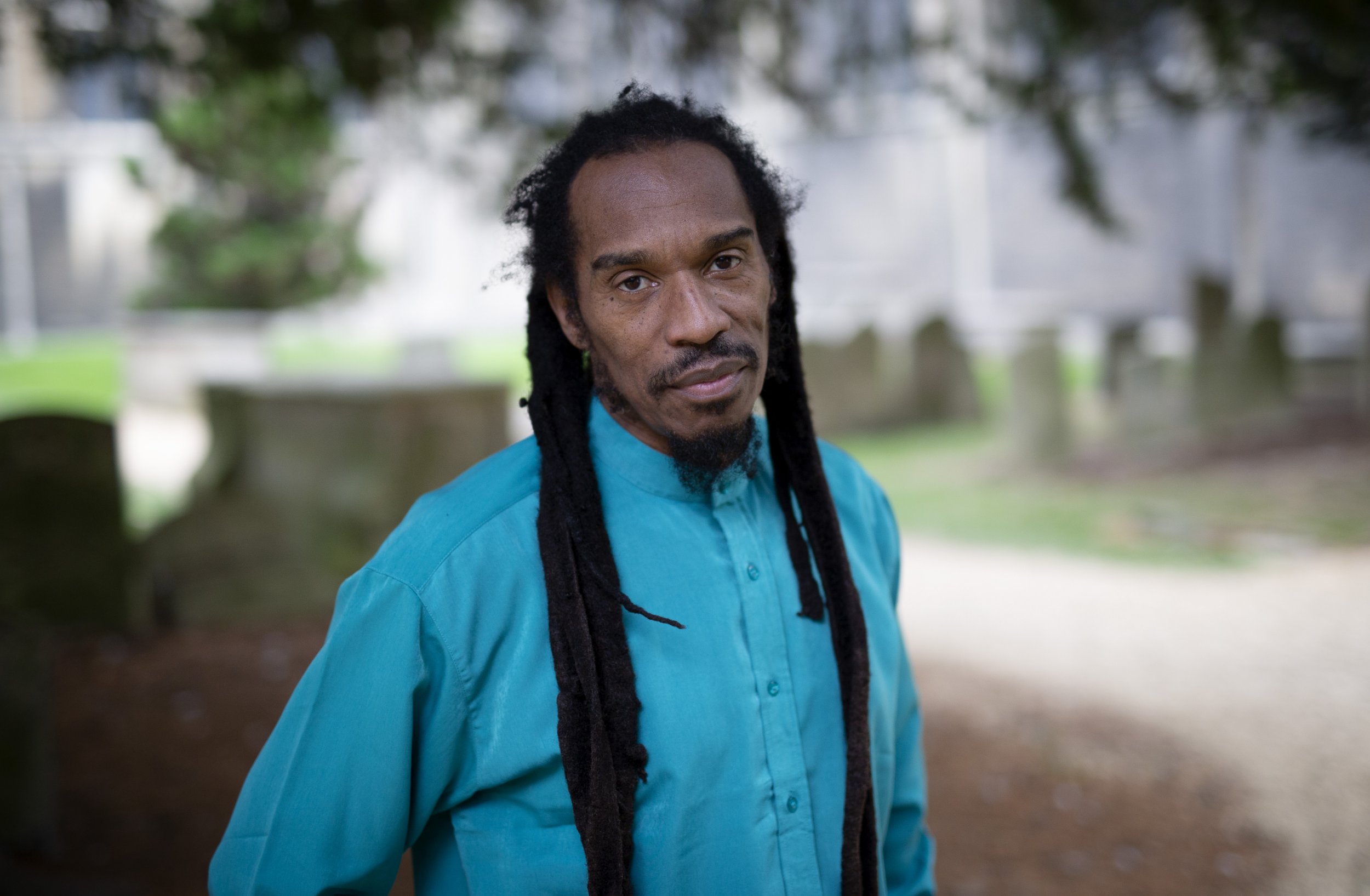
. Here is a look back at why he famously rejected an OBE from II in 2003.
Famed for his activism – spanning YA novels, TV and radio appearances, and crucially through his development of the ‘dub poetry’ form – was diagnosed with a brain tumour and died just eight weeks later on December 7 2023.
His work was a decades-long campaign for racial justice, animal rights, alongside other political and social issues.
It was perhaps no surprise then that in 2003, when the late Queen Elizabeth II offered him an OBE, his response was: ‘No way, Mrs Queen.’
Announcing his death on social media, Zephaniah’s family wrote: ‘It is with great sadness and regret that we announce the death of our beloved husband, son and brother in the early hours of this morning the 7th December 2023. Benjamin was diagnosed with a brain tumour 8 weeks ago.
‘Benjamin’s wife was by his side throughout and was with him when he passed. We shared him with the world and we know many will be shocked and saddened by this news. Benjamin was a true pioneer and innovator, he gave the world so much.

‘Through an amazing career including a huge body of poems, literature, music, television and radio, Benjamin leaves us with a joyful and fantastic legacy.
‘Thank you for the love you have shown Professor Benjamin Zephaniah.’
Born in Birmingham on 15 April 1958, Zephaniah is often credited for pioneering ‘dub poetry’ – a performance style which sees words recited over reggae music.
In his poem Bought and Sold, Zephaniah criticised the idea of black people being offered and accepting OBEs.
‘The ancestors would turn in graves / Those poor black folk that once were slaves would wonder / How our souls were sold / And check our strategies / The empire strikes back and waves / Tamed warriors bow on parades / When they have done what they’ve been told / They get their OBEs,’ the second verse goes.
Why did Benjamin Zephaniah turn down an OBE?
Just over 20 years before his death, when he was offered the OBE title, Zephaniah explained why he would never accept it in a : ‘Benjamin Zephaniah OBE – no way Mr Blair, no way Mrs Queen. I am profoundly anti-empire.’

He went on to say that whoever had thrown his hat into the ring for the title clearly hadn’t read any of his works, as exemplified in Bought and Sold.
‘Why don’t they just give me some of those great African works of art that were taken in the name of the empire and let me return them to their rightful place? You can’t fool me, Mr Blair,’ he continued, referring to the Prime Minister of the time, Tony Blair.
He concluded: ‘Stick it, Mr Blair – and Mrs Queen, stop going on about the empire. Let’s do something else.’
Recalling how he once met Queen Elizabeth II at a show he was hosting, the late trailblazer described how he thought it was ‘funny’ that he had a ‘royal groupie’.
He described her as a ‘bit stiff’ but a ‘nice old lady’ – before explaining how it was not Queen Elizabeth or the Royal Family he had an issue with, but the institution of the monarchy he ‘loathes so very much’ and its ‘refusal’ to apologise for sanctioning slavery.
Further explaining his stance on the issue three years ago on an episode of The Big Narstie Show, he explained: ‘OBE means Order of the British . MBE is Member of the British Empire.
‘I’ve been fighting against empire all my life. I’ve been fighting against slavery and colonialism all my life. I’ve been writing to connect with people, not to impress governments and monarchy.
‘So how could I then go and accept an honour that puts the word ’empire’ onto my name? That would be hypocritical,’ he said, to rapturous applause from the audience.


In April, said King Charles took the issue of the monarchy’s involvement in slavery ‘profoundly seriously’ and announced he would be supporting research into it by giving access to the Royal Collection and the Royal Archives.
For centuries, successive monarchs and other royals participated in the trade, either supporting and facilitating the activity or making money from it – and for years activists, like Zephaniah, have been demanding an apology.
The King’s response came after a document was published by the Guardian showing the 1689 transfer of £1,000 of shares in the slave-trading Royal African Company to King William III.
It came from slave trader Edward Colston, the company’s deputy governor, whose statue was in Bristol in 2020.
Britain was a major part of the transatlantic slave trade – a triangular route from Europe to Africa, and the Americas, and back to Europe, which saw Africans bought and sold for goods.
It is estimated, as per the , that Britain transported 3.1 million Africans (of whom 2.7 million arrived) to the British colonies in the Caribbean, North and South America and to other countries.
Together Britain and Portugal accounted for about 70% of all Africans transported to the Americas.
Britain formally abolished the slave trade in 1807, but only outlawed slavery in 1834 after the Slavery Abolition Act was passed.




















